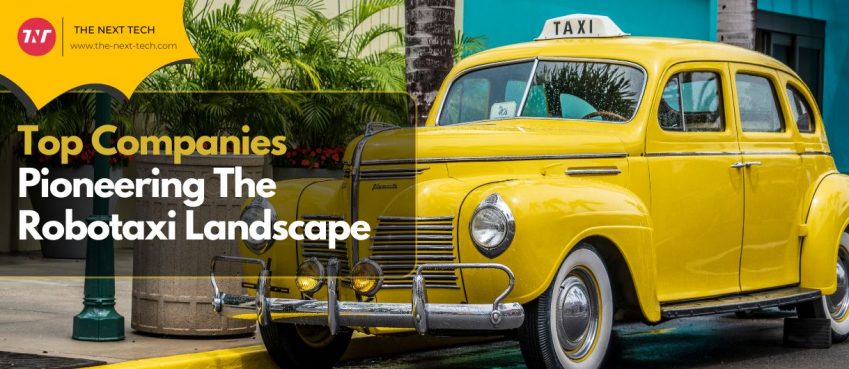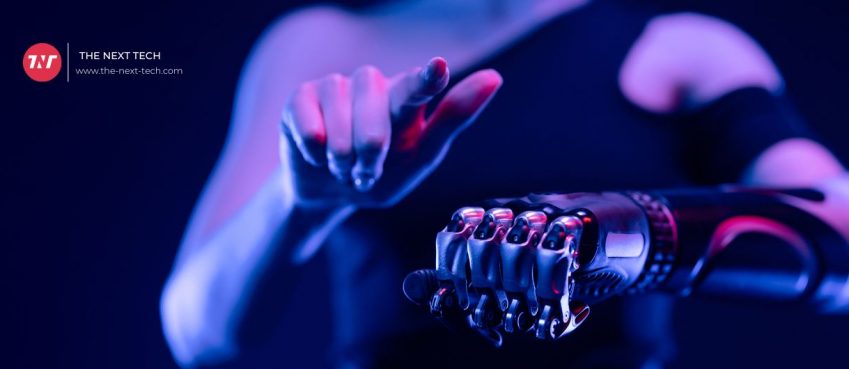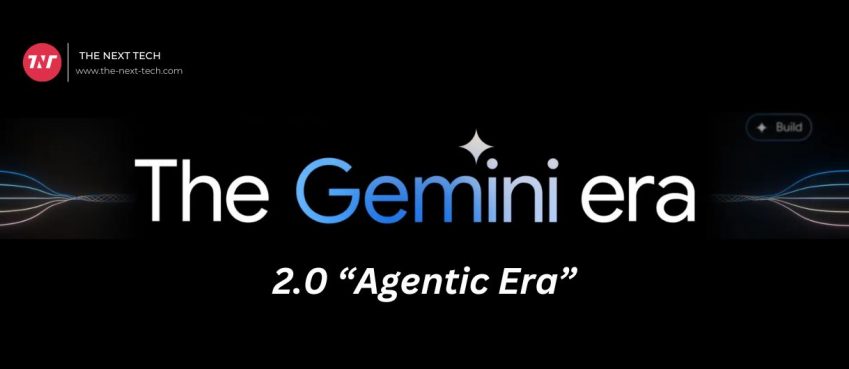
The car insurance industry, from the outside looking in, might not appear to be the most trail-blazing of industries. However, wider changes in terms of technological innovation and sustainability are leading to a revolution of sorts, across industries and particularly with regard to insurance. But what are some of the changes governing such change, and what does that change look like?
Machine Learning and AI
AI is one of the defining innovations of our time, as innovation promotes a sea change in industry landscapes. AI and machine learning are often used interchangeably by laypeople to describe smart algorithms and computer systems. However, they are distinct – in that machine learning describes the manner in which artificial intelligence technologies become just that: intelligent.
As such, AI products and machine learning products are also distinct. A machine learning algorithm might learn how to sort and enter data on behalf of an insurance company, in so doing dramatically reducing time and money spent on minor administration.
Also read: Best CRM software for 2021Social Media
Speaking of data, ‘big data’ is a challenge that new technologies have brought to businesses of all stripes. With an increasingly connected world and the rampant acceleration of innovation in technology and data recording, we as a society produce more data than we could possibly compute or understand manually. Social media is a case in point here, with petabytes of data created each hour – from uploaded photos to browsing patterns and other metadata.
A lot of this information is useful to a lot of businesses, insurance being a major example. Machine learning software can be used to sort through metadata and more effectively analyze risk with regard to new customers.
IoT
IoT stands for ‘Internet of Things and refers to the recent phenomenon of systems and devices interconnected by wireless internet connection. In consumer spheres, this is represented most commonly by home hub assistants like Alexa and Nest – and more comically by the Twitter-using capabilities of smart refrigerators.
In car insurance, though, IoT is extremely viable as a further source of data – this time, data with direct and immediate impacts on insurance policies and potential claims. IoT-enabled black boxes can be used to record data such as location, speed, and distance traveled in a given car and feed it back to the provider, enabling a cheaper form of car insurance that monitors your driving safety.
Similarly, GPS and other telematic data can be used to verify the details of a crash or incident, both with the driver and with other insurance companies. This can dramatically simplify the claims process, with independently verifiable information lending credence to a given account or claim.
Why Do These Trends Matter?
But why do these trends matter? There are many ways to answer this question, but the most meaningful impact of the above relates to the consumers themselves. As car insurance companies streamline processes, eliminate costs, and speed up claims, consumers are afforded cheaper and easier access to insurance products, as well as better and faster results in relation to specific claims. As the industry tightens up, the consumers also win.
Top 10 News
-
01
10 Top-Rated AI Hugging Video Generator (Turn Images Into Ki...
Monday December 23, 2024
-
02
10 Top-Rated Face Swap AI Tools (Swap Photo & Video Ins...
Friday December 20, 2024
-
03
10 Exciting iPhone 16 Features You Can Try Right Now
Tuesday November 19, 2024
-
04
10 Best Anatomy Apps For Physiologist Beginners
Tuesday November 12, 2024
-
05
Top 10 Websites And Apps Like Thumbtack
Tuesday November 5, 2024
-
06
Top 10 Sites Like Omegle That Offer Random Video Chat
Monday October 21, 2024
-
07
Entrepreneurial Ideas To Make 5K In A Month (10 Realistic Wa...
Monday October 7, 2024
-
08
[10 Best] Cash Advance Apps Like Moneylion And Dave (No Cred...
Friday September 20, 2024
-
09
Top 10 Richest Person In The World
Tuesday August 27, 2024
-
10
Top 10 Unicorn Startups In The World (2024-25)
Monday August 26, 2024







